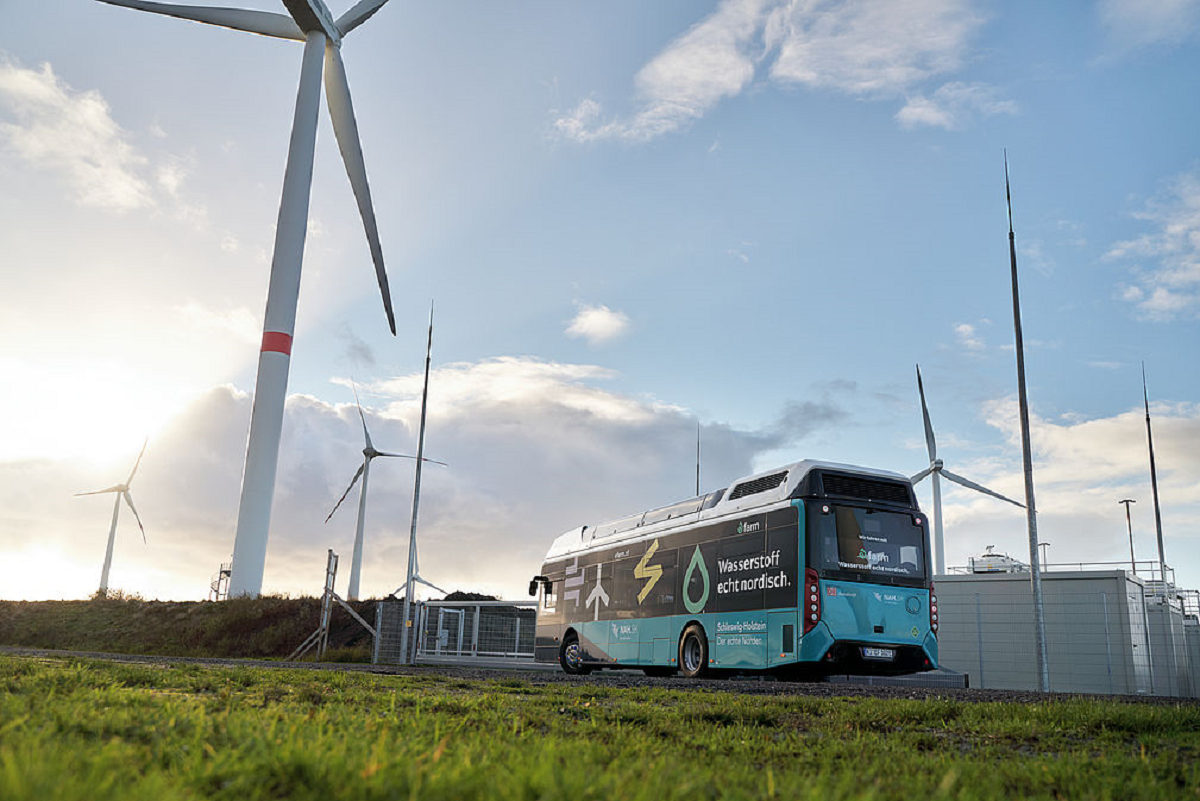Preview 2024: Climate action funding must be ever more carefully targeted during budget crisis – economist
The German Constitutional Court's debt brake ruling threatens many of the carefully crafted compromises the government achieved in climate and energy policy over the past year. Which of these compromises do you think must be preserved most urgently -- and how? Where do you fear the budget reshuffling could hit climate and transformation spending -- and why?

The most urgent task is to ensure support funding for energy-efficient buildings, rail transport, energy storage and green hydrogen projects as well as the natural climate protection action programme. The promotion of microelectronics, such as chip factories, could also be financed from other programmes, along with the promotion of the renewables (EEG) levy to reduce the price of electricity. The support granted to electricity-intensive companies should be limited to those few that are really in need and have high electricity costs in their value added. This concerns only a very small number of companies, so savings could be made here, too.
The political year 2024 in Europe will be dominated by the European Parliament elections in June. Which climate and energy topics do you think should be made priorities before the election - and which ones will await the newly elected Parliament and Commission further down the road?
The focus should be on how to phase out fossil fuels and switch to renewable energies. The Commission has initiated several important projects for the expansion of renewable energies, a priority for feed-in, more citizen energy and energy savings in buildings. These should be maintained and continued. Unfortunately, too many gas heating systems are still being installed and gas infrastructures created. Investments in gas infrastructures and LNG terminals are stranded investments. Europe must create the framework conditions to avoid such undesirable developments
Which other topics and events in Germany and beyond do you generally think will - or should - shape the debate next year in your field -- and why?
The debate should be about how we can ensure a full supply of renewable energy in Europe. Model calculations show that full supply of renewable energies is not only technically possible but also economically cost-efficient. The political framework conditions should therefore be created in such a way that full supply of renewable energies will be possible in all EU countries. In addition, fossil fuel heating systems should no longer be installed in the building sector in particular; instead, there should be a strict focus on energy saving and the use of heat pumps. In the transport sector, we need to phase out the combustion engine and move towards electromobility.


